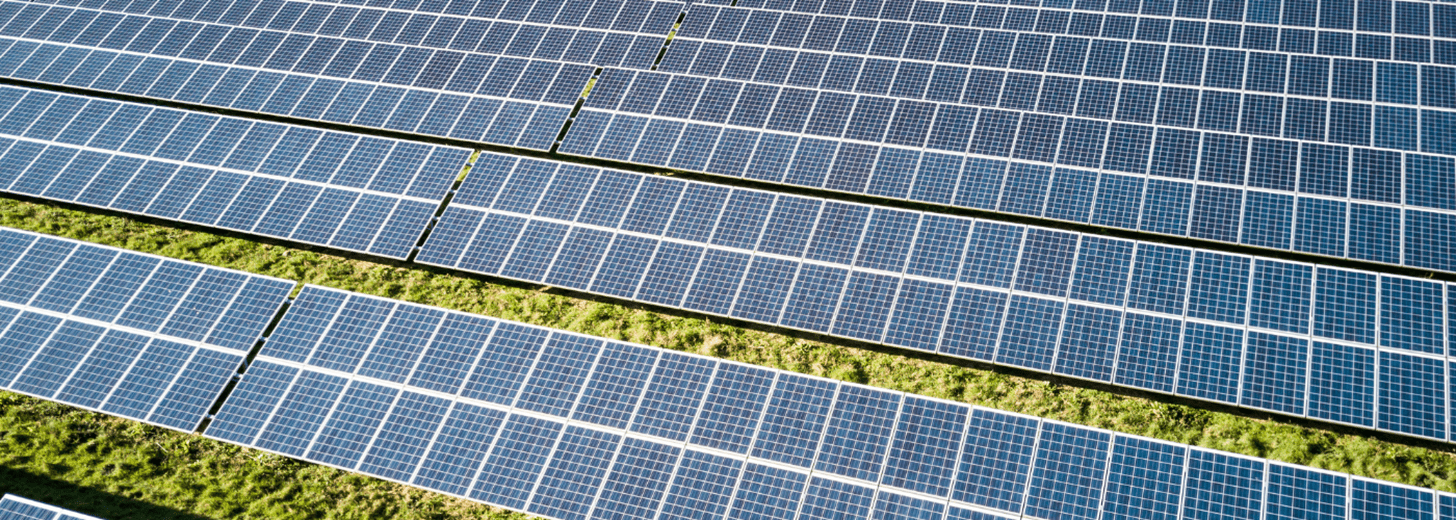With energy prices rising to unprecedented levels, landowners yet to take the plunge into on-site renewable energy generation are being urged to consider its benefits to bolster their businesses against uncertainty. And those with existing schemes on-site are encouraged to explore renewing their Power Purchase Agreements (PPAs) to take advantage of highly competitive rates.
“Historic highs are creating challenges for a lot of businesses, with energy bills doubling or even tripling,” says Helen Melling, Associate at Carter Jonas. “This is posing a real challenge for energy consumers, especially large ones, who are seeing their costs soar.”
However, she advises that those with generation assets on site do have a window at present to take advantage of very competitive PPAs to maximise income from their asset.
“With energy prices where they are, we’ve recently been achieving rates as high as 20-25p/kWh for clients – this is unprecedented, given rates were only around 4p/kWh only a year ago,” Helen says. Renegotiating a PPA involves a simple tender process which only takes about a week. “We’re currently negotiating PPAs for more than 70 generators across the UK totalling around 50 megawatts in capacity,” Helen reveals.
Now could also be a good time for those without generation assets to consider whether such a scheme could help offset costs while generating an additional income through a PPA.
“Commercial scale solar, whether it’s roof or ground-mounted, is a really great way of offsetting electricity usage on site and therefore reducing electricity bills,” Helen says. “With power prices at their current highs, it may be an option to oversize a scheme and benefit from a PPA income with the surplus generation being exported to the grid.”
Although there are no longer subsidies for solar, the price of panels has come down significantly and their lifetime is now longer, lasting around 30 years. “Payback is possible in 6-8 years,” says Helen. “With businesses now under pressure to improve sustainability and reduce carbon emissions, solar PV is one method of helping to reach these targets, while saving as much as 40-60% off annual electricity bills.”
If solar alone doesn’t offset the desired level of usage, combining technologies may be the answer. “More and more businesses are looking at ways to be less reliant on the grid network and potentially go completely off grid. To achieve this, it might be that installing a combination of heat and power saving technologies could be the solution.”
To determine whether a renewable energy scheme is for you, Carter Jonas can carry out a quick initial desktop survey and analyse your consumption data, before putting together an appraisal. Please contact Helen Melling for more information via helen.melling@carterjonas.co.uk.
View this month’s energy news >>
View the latest energy market update >>



